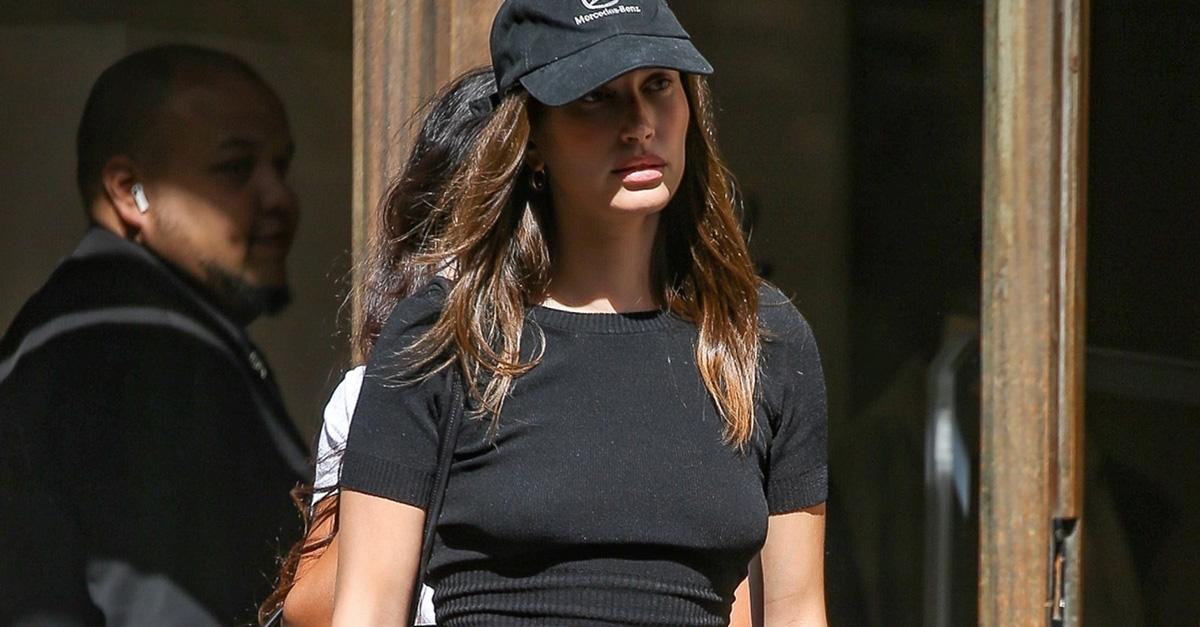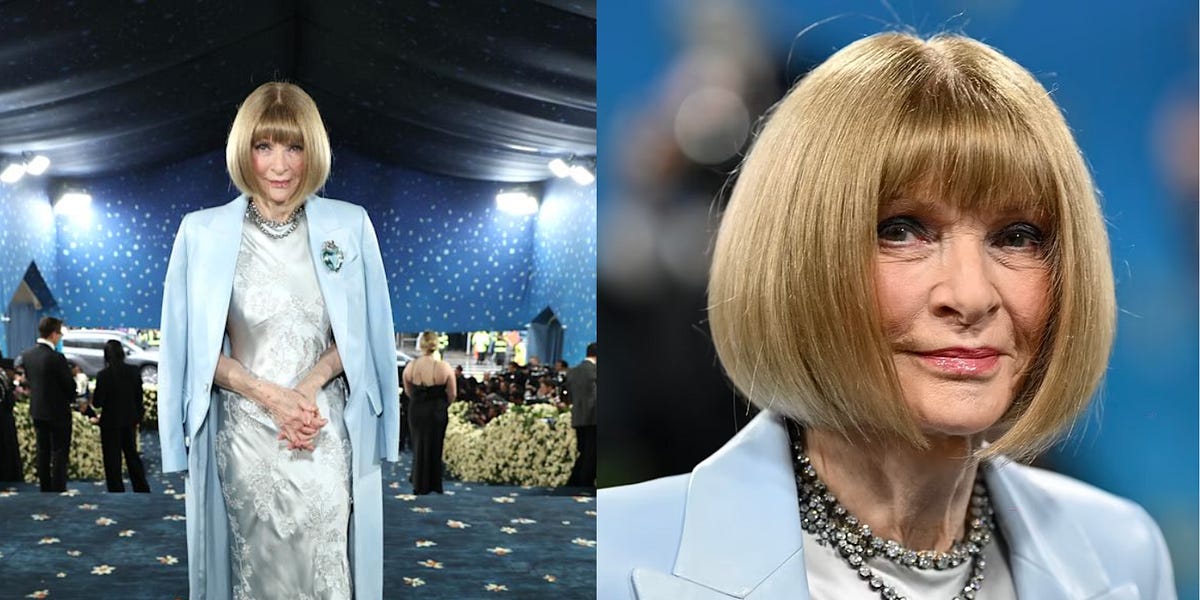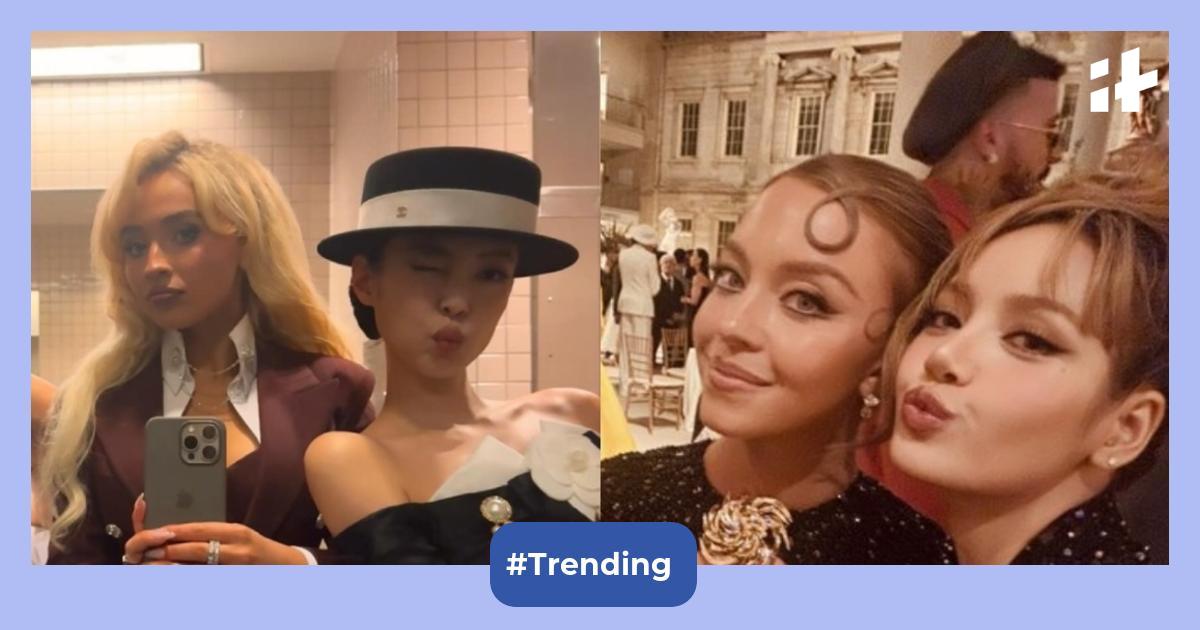TGMA26: Spectacle, sound, soul and a sprinkle of chaos
If this year’s show were a sound, it would be a perfectly tuned harmony—smooth, striking, and occasionally interrupted by a stray vuvuzela of confusion.
Let’s be honest, TGMA26 didn’t just raise the bar, it wrapped it in kente, lit it with LED lights, and dropped it from the rafters in a glitter explosion. From the Red Carpet finesse to the commanding performances, this was a celebration worthy of a 26-year milestone. Well, almost.
This year’s Red Carpet was less chaotic marketplace and more runway of dreams. In fact, we’re tempted to believe Anna Wintour consulted on this setup. Smooth flow, seamless camera angles, and even the guests seemed more glamorously timed. Frankly, it was so good, it might've just made up for all the 25 previous Red Carpet traffic jams put together.

Yes, some murmured that the auditorium’s stage setup bore striking resemblance to the Silver Jubilee edition—but guess what? If it ain’t broken, just reduce the coverage area, add more LED screens and keep it moving. The lights danced in harmony with the performances, the sound was crisp (mostly), and the transitions were smoother than KiDi’s vocals.
This year, the artistes didn’t just come to play—they came to conquer. And no, we’re not talking about swinging mic cords like lassos in a spaghetti western. We’re talking sweat, soul, and seismic stagecraft. From start to finish, it was clear: nobody on that lineup got the memo about “taking it easy.”
Stonebwoy hit the stage like a general leading troops into a rhythmic battlefield. Every stomp, every lyric, every pyro-blasted beat was calculated precision—less concert, more covert musical op. With dancers flanking him like a battalion of bass-boosted back-up, his set was a booming, blazing reminder that Reggae/Dancehall isn’t just a genre—it’s a force of nature, and he’s the eye of the storm.
Daughters of Glorious Jesus came floating in on a cloud of white and wielding their harmonies like holy heat-seeking missiles. Within minutes, the entire venue was spiritually side-eyed into submission. Aunties raised their hands. Uncles nodded with that “these kids still got it” approval. And even that Gen Z cousin who only listens to trap mumbled along like he’d grown up on cassette tapes and crusades. Heaven wasn’t just brought down—it signed autographs and stayed for an encore.

King Paluta, meanwhile, didn’t just ride the current—he became the current. Aseda sent shockwaves through the crowd, turning the venue into an open-air cathedral. No stage props. No gimmicks. Just unfiltered, unadulterated gratitude on beat. It was raw. It was riveting. It was real enough to make you check your pulse and your playlist.
And then KiDi; Suave in every syllable, the golden boy of Afrobeats gave a performance that was equal parts charm offensive and choreography clinic. It was as if the stage had a crush on him. Visuals shimmered, vocals caressed, and somewhere in the crowd, several hearts audibly sighed. Ghana’s velvet-voiced Casanova reminded us all that rhythm and romance make a dangerously good duet. (Read:
Fameye took a completely different route—he stripped away the spectacle and left us with something even more powerful: vulnerability. With strings that seemed to sigh and silences that spoke louder than drums, he delivered a set that felt less like a performance and more like a public therapy session we didn’t know we needed. It was soul. It was surrender. It was stunning.
Maame Tiwaa stepped in for Yaw Sarpong with all the quiet majesty of a spiritual queen. Her voice didn’t just fill the room—it lifted it. The moment she began, the crowd leaned in, as if sacred ground had just been laid beneath their feet. What began as a tribute quickly morphed into a mass communion of hearts and hymns. People didn’t just sing—they felt.
This wasn’t just a lineup. This was a legacy in motion, a sermon in surround sound, a reminder that when Ghana’s artistes say “we’re not here to joke,” what they really mean is: brace yourself.

TGMA26 might just go down as the least controversial edition in the show’s history. Yes, a few categories sparked spirited WhatsApp debates (doesn’t it always?), but for the most part, the winners felt right.
King Promise finally grabbed the elusive Artiste of the Year, and not a soul could argue. Stonebwoy, Fameye, Kweku Smoke, and Team Eternity Ghana all shone brightly with well-deserved wins. A big kudos to the young guns like Yaw Darling, Beeztrap, and OliveTheBoy —the future is loud and luminous.
Now, let’s address the bass note in an otherwise melodic affair: the organisational hiccups.
* The show started well past Ghana Man Time. 10pm, guys? We love anticipation, but not when it comes with yawns.
* Ticketing and entry were more confusing than a Kwaku Ananse fable—some guests found their tickets already “used.” Hmm.
* Security? Let’s just say we’ve seen tighter coordination at class six PTA meetings.
* Side presenters often seemed like they wandered in from another show entirely. “So, let’s talk about skincare routines”—um, sis, they just announced Rap Performance of the Year.
Despite the stumbles, this year’s TGMA proved something powerful—Ghana has the talent, the production value, and the stories to take centre stage globally. We tip our hats to Charterhouse and all collaborators for creating a magical night that celebrated not just music, but identity and unity.

TGMA has grown into more than just an award show—it’s a cultural institution, a national diary written in rhythm and rhyme. Let’s keep building, keep dreaming, and keep the lights on (preferably on time) for the next 25.
Here’s to even greater heights—TGMA to the world!












